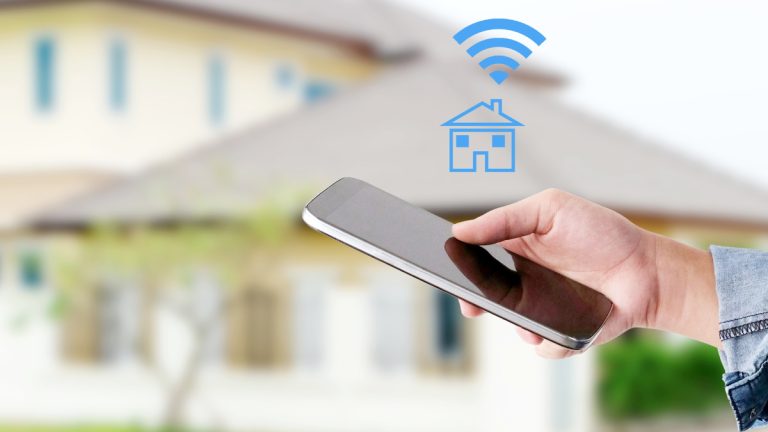Homes are becoming increasingly high-tech.
Today, the phrase “home is where technology is” defines modern life. more and more Embrace smart home innovation. These advances continue to adapt and evolve in functionality, increasing convenience and security, as well as reducing energy consumption and contributing to cost savings.
This is according to engineering executive Dr. Andrew Dixon. CBI-electric: low voltageHe says that in 2024, homes will become even more high-tech in terms of efficiency, functionality and the personalized living experience they offer. “While it may still be a few years before the homes we dream of in sci-fi movies become a reality, we are already well on our way to making smart technology not a luxury but a necessity in the modern home. ”
Below, he shares four trends that will help make South African homes smarter this year.
1. Improve internet speed: Earlier this year, the Independent Communications Authority of South Africa (ICASA) will be holding another event. auction For radio frequencies, including 5G. What the further rollout of 5G means for smart homes is super-fast internet speeds, instant communication between devices, and the ability to connect even more gadgets within the smart home ecosystem for seamless integration and control. It also improves stability and reliability, making it especially useful for remotely monitoring and controlling critical systems in real time. Ultimately, the rollout of 5G will improve the capabilities of smart home technology, making it even more intelligent and efficient.
Additionally, WiFi 7 is expected to be rolled out in the country this year, promising improved internet connectivity to devices in the home, extended range, and nearly five times faster speeds than WiFi 6. I am. However, this also depends. Regarding the release of more spectrum and regulatory approvals.
2. Introducing artificial intelligence (AI): AI leverages data analysis and processing capabilities to identify patterns in users and leverages these insights to predict and implement future decisions and choices for homeowners. By integrating AI into smart home devices, these products can learn and adapt to your habits and preferences to optimize efficiency, intuitiveness, and responsiveness. As a result, homes will adapt to the unique needs and preferences of their residents. One example is a smart lighting system that uses AI to automatically adjust lighting throughout the home depending on the time of day and user activity. AI also helps non-tech-savvy homeowners by providing the opportunity to implement advanced automation using smart devices without the need for manual programming.
In the future, generative AI will make smart homes even smarter. Soon, these tools will not only help identify home appliances that need preventive maintenance, but also help set up appointments with service providers for maintenance based on the homeowner's schedule and availability. It will be.
3. Smarter security: Technological innovations are increasingly being incorporated into a variety of smart home security systems. For example, consider the evolution of smart locks. Smart locks can now be activated through a variety of interfaces, including fingerprint recognition, PIN code, voice recognition, and phone apps. Blockchain will also play a key role in strengthening smart home security systems, making them more resistant and resilient to potential hackers. Additionally, AI could analyze occupant behavior patterns and instantly notify homeowners and security companies in case of deviations or unusual activity on the premises.
4. Energy optimization: I'm looking forward to 20 200MW With energy shortages expected in 2024, homeowners are turning to smart home technologies such as: CBI Astute Range Development of products to monitor and manage energy consumption. These technologies collect and analyze vast amounts of data to help users identify areas for improvement. Plus, automation can help you adjust your usage even when you're not at home.
Moreover, as more South Africans embrace rooftop solar powersmart technology allows renewable energy sources to be easily integrated to address the effects of load shedding, while ensuring that the electricity generated is used effectively and efficiently.
“In 2024, smart homes will become a mecca for innovation, enriching the lives of South Africans and ushering in a future where homes understand, adapt and even anticipate the unique needs of their residents.” Dr. Dixon concludes.
For more information, please visit: https://cbi-lowvoltage.co.za Or follow CBI-electric: Low voltage on Facebook, Instagram, linkedin, X, thread or YouTube.

